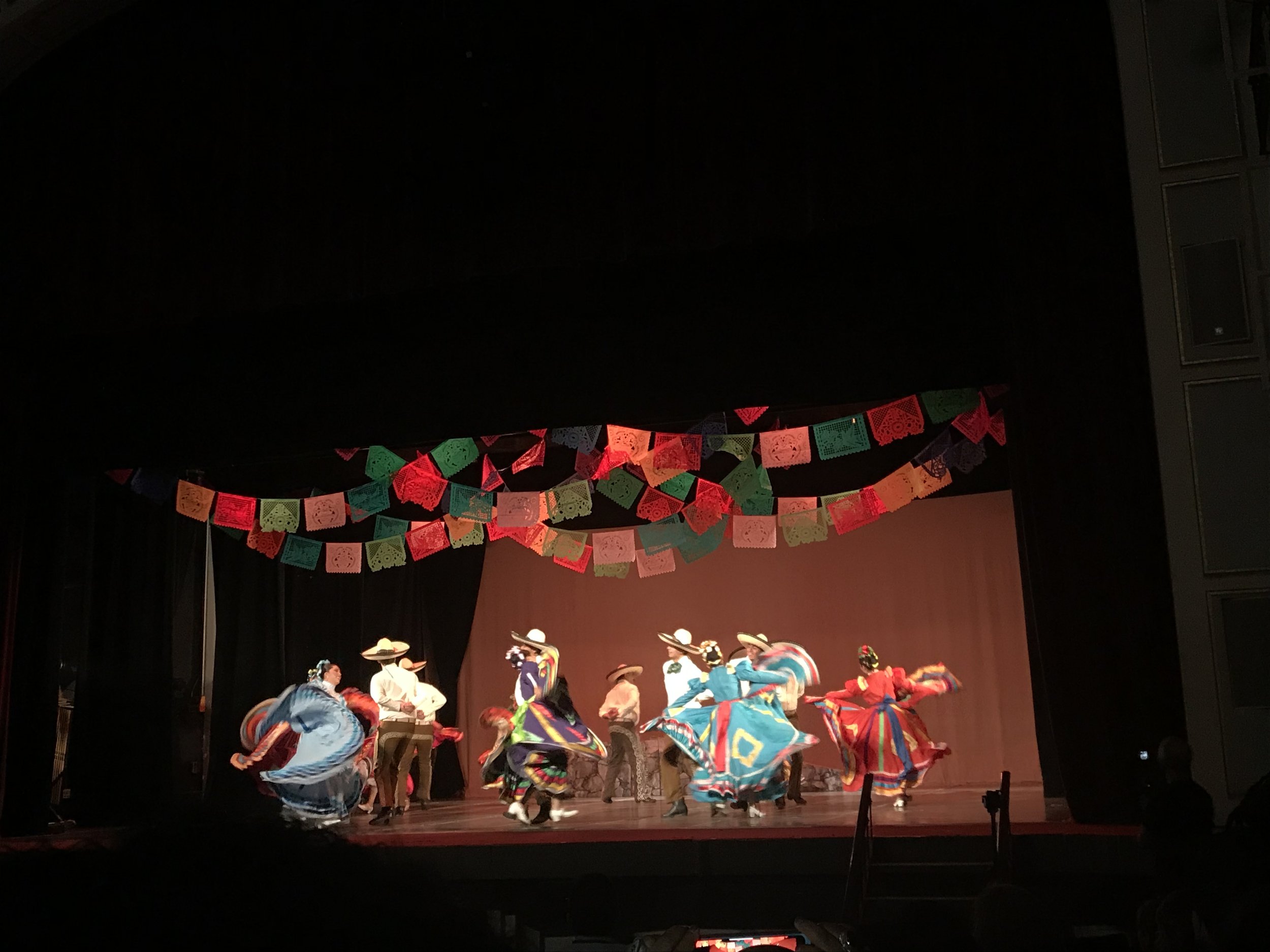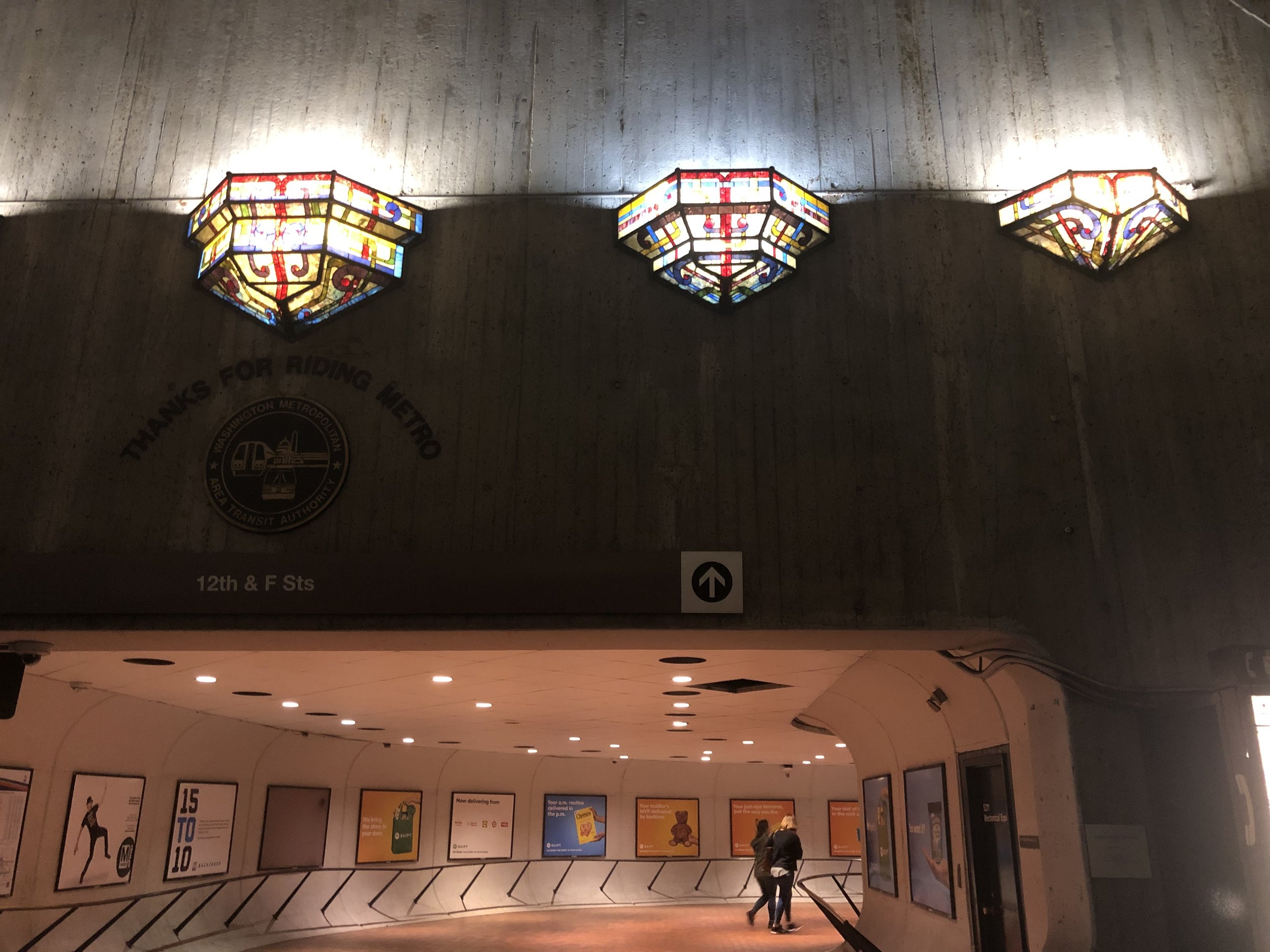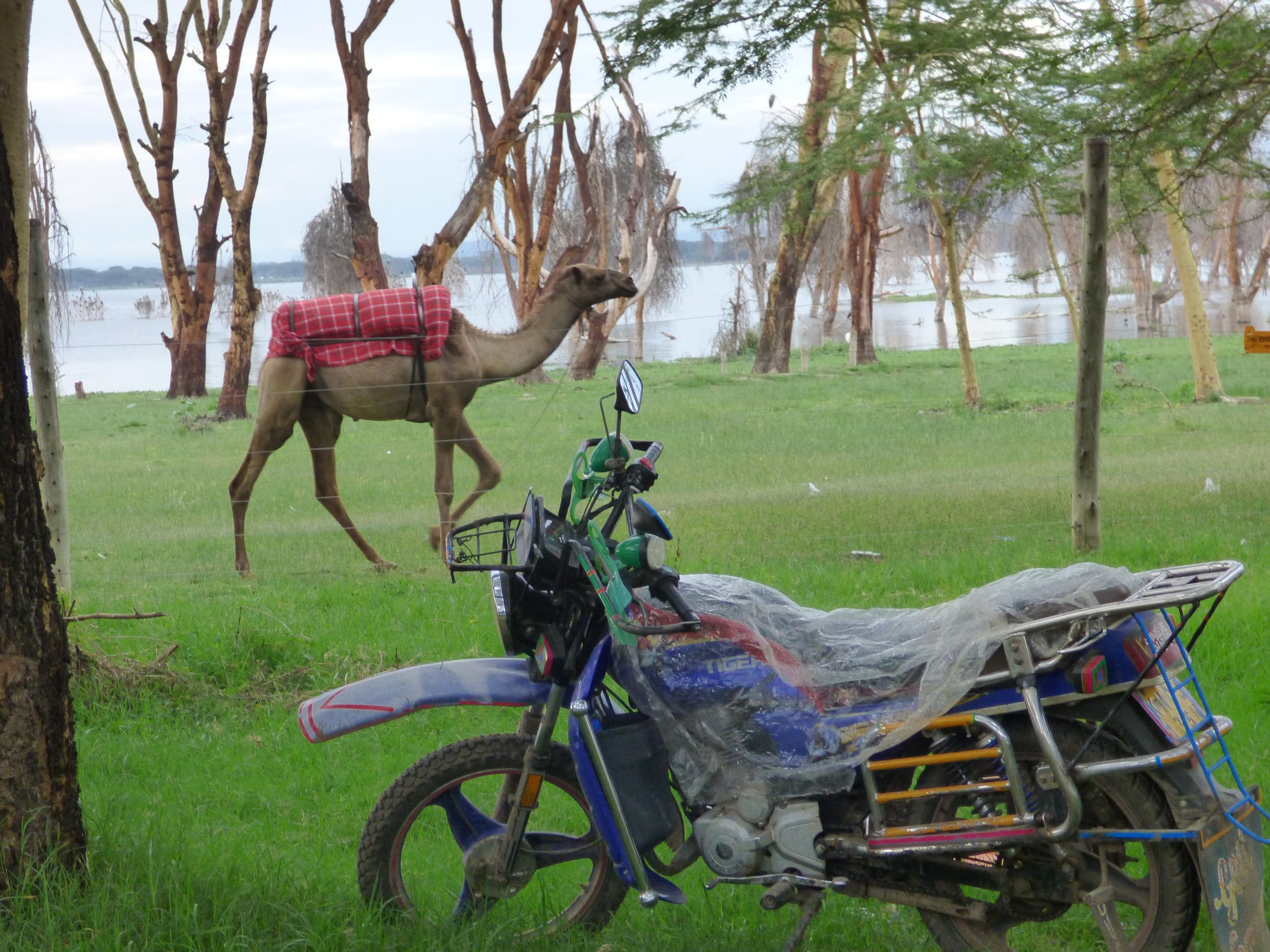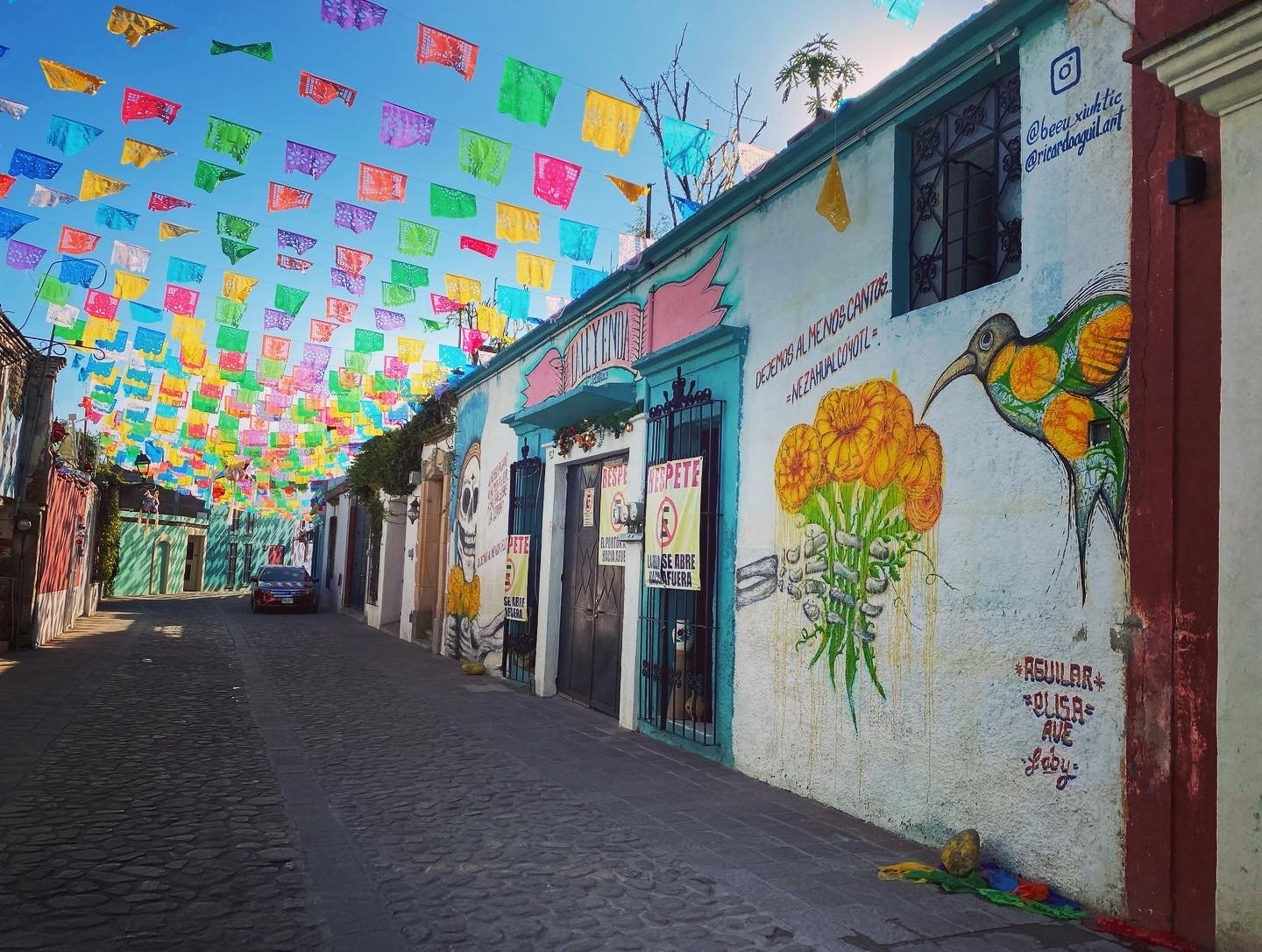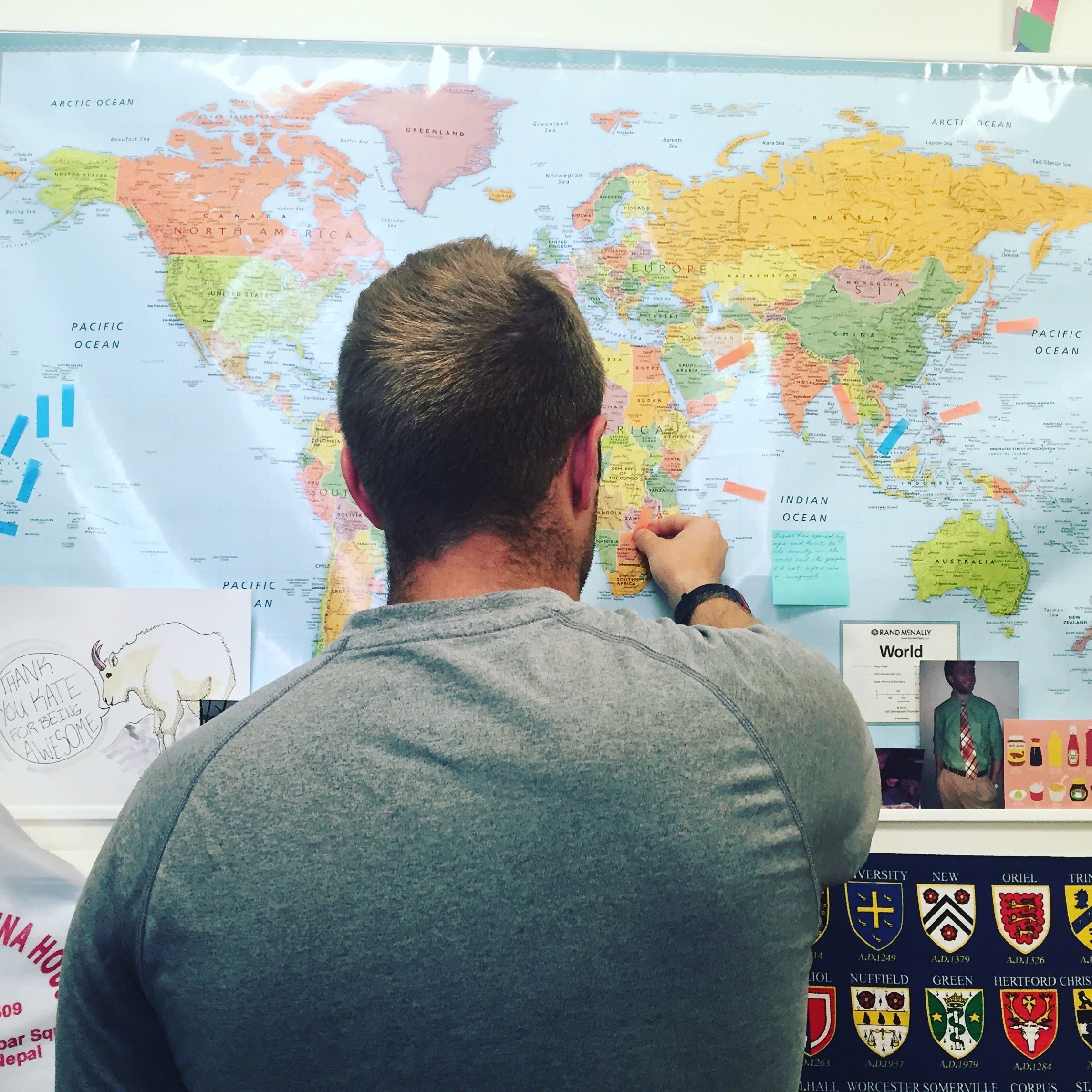Applying to the Fulbright English Teaching Assistantship program “at large” and need support?
The Fulbright ETA program is a fantastic opportunity for US citizens to spend a year(ish) abroad teaching English and US culture. But not every college supports ETA applications (especially if you earned your degree outside the US) or has an advisor with specialized expertise for applicants to work with.
The ETA became my passion and area of expertise over the nine years I spent advising hundreds of exceptional students at a liberal arts college. I possess an in-depth understanding of the opportunities, processes, and nuances of the written statements.
Reach out for an initial conversation about your interest in the ETA and I will help you determine your eligibility, country choice, and understanding of the application process. In our conversation, I’ll ensure you gain an in-depth understanding of the difference applying “at large” versus through your alma mater.
Information about timing and competitiveness:
“At large” applicants work with different deadlines than applicants working with their college/university. Typically institutions set earlier internal deadlines to allow for processes such as interviews, campus evaluations, and reviews of materials. You must determine early in the process if you can work with the Fulbright Program Advisor at your college/university or will be applying “at large.”
The most successful ETA applicants begin the process of choosing a country, gathering application materials, and writing in the spring/early summer before the fall deadline.
Allow two months (ideally more) to complete the writing process, which will require intensive reflection and revision. This is ideally completed the summer before the fall deadline.
Fulbrights are competitive, with a range of factors determining your application’s competitiveness including the availability of awards in a given country, your academic/professional skills, and how well you convey to the two Fulbright selection committees (one in the US one overseas) what you offer the program. Fantastic candidates are not selected all the time. But those who have worked with a skilled advisor to understand the program and have embraced the process of crafting persuasive, creative, and concise (1-page max!) essays, stand a great chance of being selected.
FAQs
What are the Fulbright competition dates?
The Fulbright competition typically opens in April, closes in October, announces “recommended” candidates (basically semi-finalists) in January, and announces “selected” candidates (as well as “alternates” and “non-selects”) between February and May. Awards begin as early as that July and as late as March. Confused? Don’t worry I’ll help you wrap your head around it!
So when should I work with you?
Reach out for an initial conversation as soon as possible, ideally in the spring/early summer before the fall deadline. If you reach out in September or later it’s unlikely we will have enough time to craft a competitive application before the October deadline.
Do I need to know where I want to apply when we talk?
No! To start let’s just talk. I have questions that I can ask to guide our conversation to help us—simultaneously—uncover the cultures you’re interested in, the community work you could contribute, and the countries you would be competitive applying for (though you can only apply to ONE country.)
Who is eligible to apply?
I welcome working with any “at-large” ETA candidate who meets Fulbright’s eligibility requirements. You can find those requirements here.
Do I need to speak another language?
Great question, and get used to this answer because you may hear it a lot with Fulbright: sometimes. Some countries, especially those with a language that is commonly taught in the US like French or Spanish, require you to demonstrate you’ve achieved a level of skill with the language through a language evaluation form. Other countries, especially those in Asia with languages rarely taught in the US, are open to people who will learn on the ground. But you may want to discuss your willingness to do so or demonstrate prior linguistic achievement as proof that you’ll connect with locals in your host community.
So if it’s the English Teaching Assistantship, do I need to be an actual teacher??!
Sometimes. Some countries really value ETA applicants who have studied education and language teaching. Other countries are just as open to applicants with an interest in teaching, and relevant skills they can transfer to the classroom. I will help you determine this as a part of your country's selection process.
Do you work with other Fulbright student program awards?
The Fulbright family tree is about as big and complicated as the Madrigals. The branch I focus on is the English Teaching Assistantship, which is part of the US Student Program. There are other opportunities for US students like the Study/Research grant, as well as grants for US researchers, teachers, study abroad advisors, artists, plus a range of opportunities for non-US citizens.
While I welcome a discussion about how I can support any written application materials you’re interested in crafting, my Fulbright ETA advising for “at-large” candidates is unique because it leverages my expertise across the entire application process. If you would like writing help with other scholarships or applications, including Fulbright, I am happy to do so, provided you understand it would not be
Do I have to pay for this advising?
A great advantage of applying through your college/university if it has a Fulbright Program Advisor (you can search for your school FPA here) is advising services are typically free for students (and often alums). But again, if your college doesn’t have an FPA and you have your heart set on a Fulbright ETA, I can support your application holistically through individualized one-on-one sessions at a per session rate.
